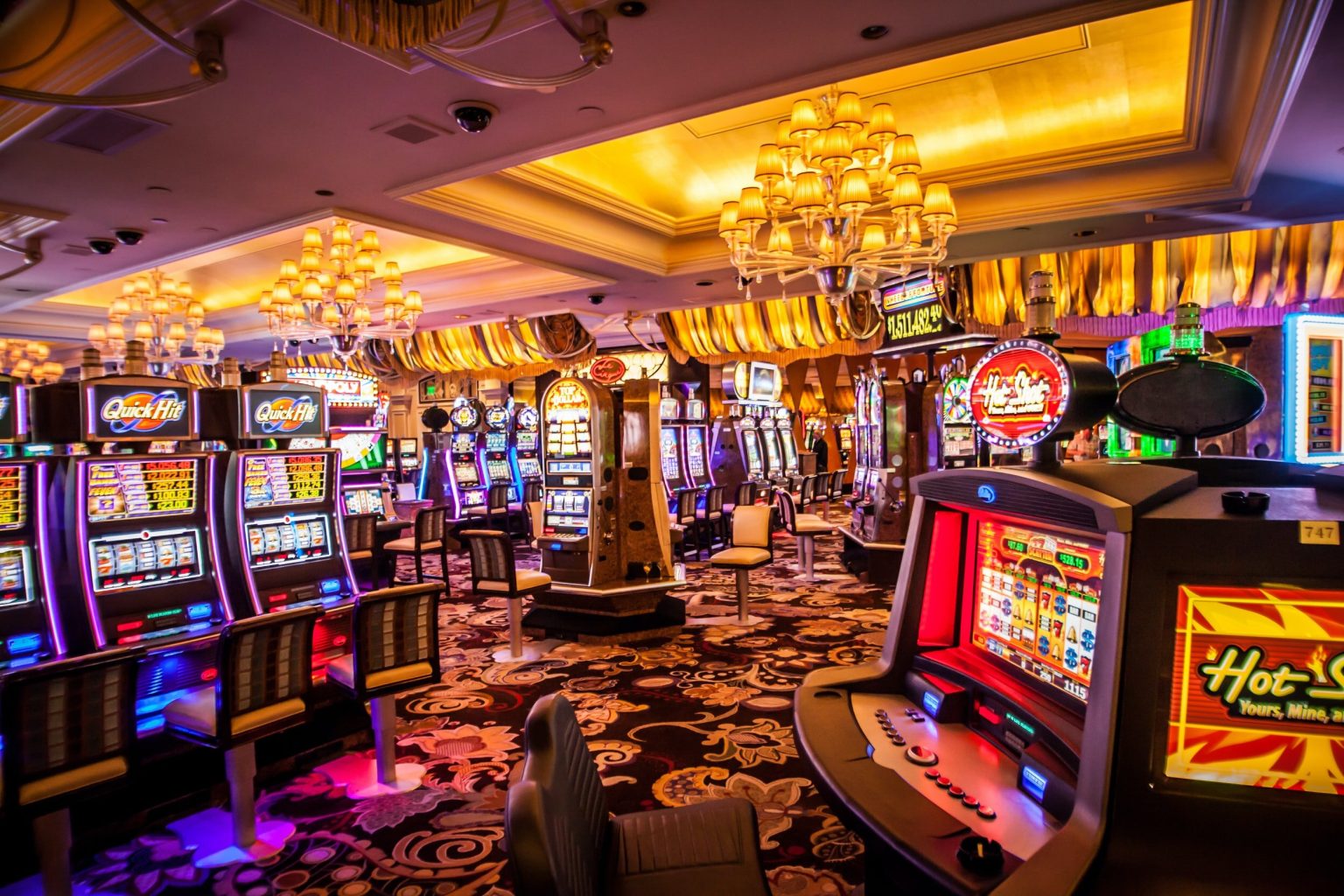For many online gamblers in the UK, the highly regulated landscape governed by the UK Gambling Commission (UKGC) has prompted a look towards casinos licensed in other jurisdictions. These “non-UK casinos” often promise more flexibility in terms of bonuses, game features, and payment methods. However, a crucial question arises: can you truly trust Foreign Casino Sites licensed outside the UK? The answer is not a simple yes or no; it depends heavily on the specific licensing authority and the casino’s overall operational integrity.
Understanding Different Licensing Bodies
The trustworthiness of a non-UK casino is intrinsically linked to its licensing body. Not all licenses are created equal, and some jurisdictions offer far more robust player protection than others.
Reputable Non-UK Licenses:
- Malta Gaming Authority (MGA): Widely considered one of the most respected and comprehensive regulatory bodies outside the UK. The MGA imposes strict requirements on its licensees regarding player fund segregation, responsible gambling tools, fair gaming, data protection, and robust complaint handling procedures. Casinos with an MGA license generally offer a high level of player protection.
- Gibraltar Regulatory Authority (GRA): Another highly reputable licensing body, the GRA maintains stringent standards for its licensees, focusing on player protection, anti-money laundering (AML) measures, and ensuring fair and transparent operations. They have a clear complaints handling procedure for players.
- Alderney Gambling Control Commission (AGCC) & Isle of Man Gambling Supervision Commission: These are smaller but highly respected jurisdictions known for their rigorous licensing processes and commitment to player safety and integrity.
Less Stringent, But Improving, Licenses:
- Curaçao eGaming: Historically, Curaçao licenses have been viewed as less rigorous due to lower fees and a more hands-off approach to dispute resolution. While some reputable casinos operate under a Curaçao license, the level of player protection and recourse in disputes has traditionally been weaker compared to the MGA or GRA. However, Curaçao has been working to revamp its licensing conditions, emphasizing compliance, transparency, and responsible gaming, indicating a move towards higher standards. Players should exercise more caution and conduct thorough research when dealing with Curaçao-licensed sites.
What Makes a Non-UK Casino Trustworthy?
Beyond the licensing authority, several other factors contribute to a non-UK casino’s trustworthiness:
- Verifiable License: A legitimate casino will prominently display its licensing information, usually in the footer of its website. This should include the name of the regulatory authority and often a clickable link to the official license validation page. Always verify this information directly on the regulator’s website. If the link is broken or leads nowhere, it’s a major red flag.
- Reputation and Reviews: Research what other players say about the casino. Look for independent reviews on reputable gambling portals, forums, and consumer review sites. Pay attention to recurring complaints, especially regarding payouts, customer support, or unfair terms.
- Fair Terms and Conditions: Read the terms and conditions carefully, particularly concerning bonuses, wagering requirements, withdrawal limits, and KYC (Know Your Customer) procedures. Vague, overly complex, or seemingly “too good to be true” terms can be a sign of a shady operator.
- Secure Payment Methods: A trustworthy casino will offer a variety of secure and widely recognized payment options (e.g., major credit cards, reputable e-wallets, cryptocurrencies). Ensure they use SSL encryption to protect your financial and personal data.
- Responsive Customer Support: Test their customer support before depositing. A reliable casino will offer multiple contact methods (live chat, email, phone) and provide prompt, helpful responses to your queries.
- Responsible Gambling Tools: Even if not under UKGC regulations, reputable non-UK casinos should offer responsible gambling tools like deposit limits, loss limits, session limits, and self-exclusion options. While they won’t be part of GamStop, they should have their own internal mechanisms.
- Software Providers: Check which game developers the casino partners with. Reputable casinos work with well-known and audited software providers (e.g., NetEnt, Microgaming, Play’n GO), which ensures game fairness and randomness.
- Transparent Ownership: If you can’t find clear information about the company that owns and operates the casino, it’s a red flag. Legitimate businesses are transparent about their corporate details.
The Trade-Off: Flexibility vs. Protection
While non-UK casinos can offer greater flexibility and more enticing promotions, it’s crucial to understand the trade-off. The UKGC’s stringent regulations, while sometimes seen as restrictive, are designed to offer a very high level of player protection and recourse. When playing at a non-UK casino, you are subject to the laws and consumer protection mechanisms of that jurisdiction, which may not be as robust as those in the UK.
In conclusion, you can trust many casinos licensed outside the UK, especially those operating under licenses from highly respected authorities like the MGA or GRA. However, it requires diligent research and a keen eye for potential red flags. Always prioritize safety and responsible gambling over seemingly lucrative offers, and never play at a casino where you cannot verify its licensing or reputation.

